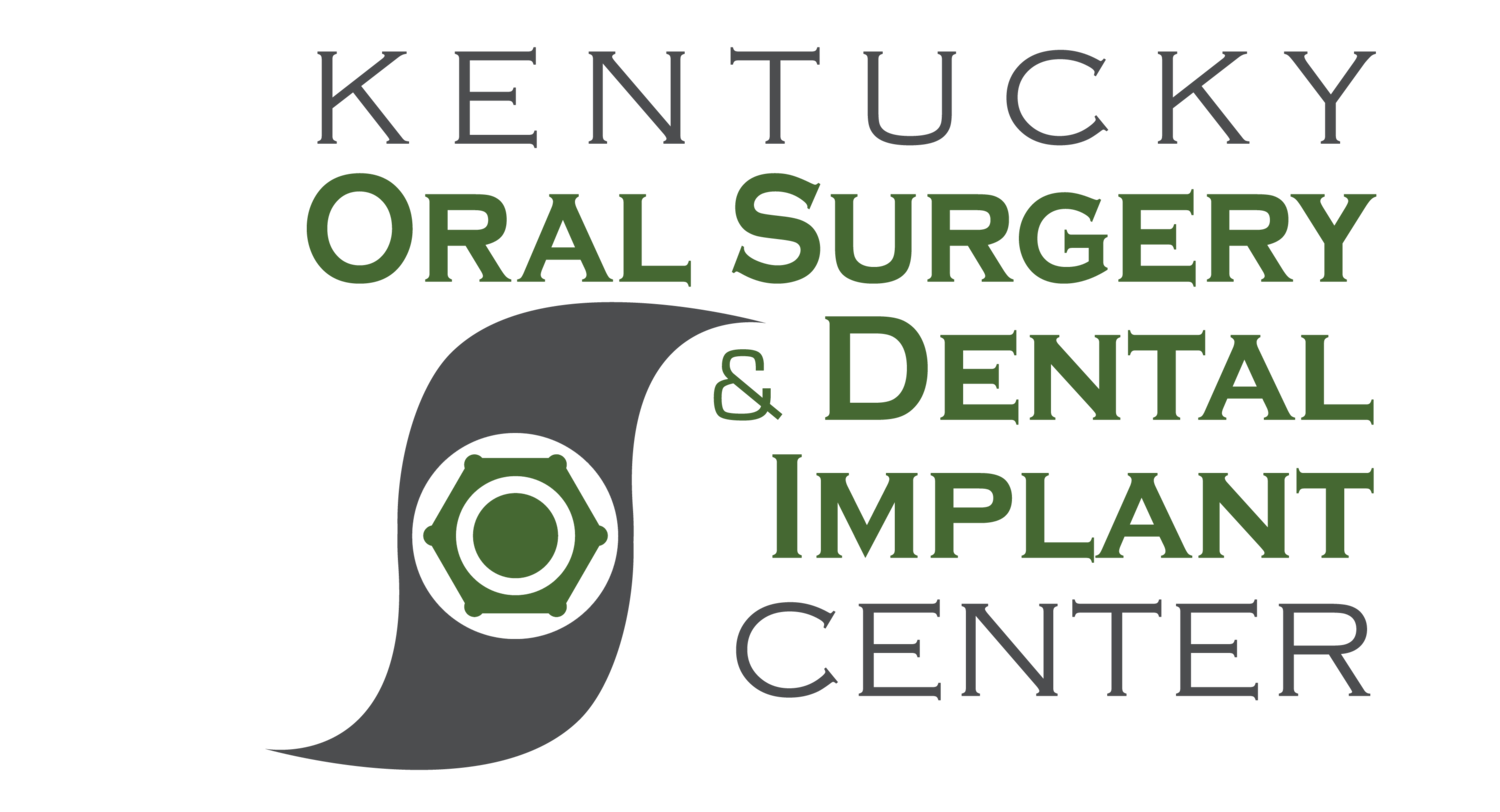Wisdom Teeth Removal
What are Wisdom Teeth?
Are you a young person or the parent of a teenager experiencing a new jaw ache or tooth pain for the first time since growing adult teeth? Most people begin growing their final molars, or wisdom teeth, in their teenage years. These last four molars are now considered unnecessary due to changes in how humans eat and our overall body structure. Wisdom teeth are more than unnecessary for humans today, though. More often than not, wisdom teeth can bring about dangerous complications to the rest of your mouth and jaws.
Complications
Wisdom teeth usually don't fit well with the others. They could damage healthy teeth and have adverse effects on your bite and smile. Additionally, many wisdom teeth are what we call "impacted." An impacted tooth is a tooth that, for some reason, has been blocked from breaking through the gum. Impacted teeth can take many positions in the bone as they attempt to find a pathway that will allow them to erupt successfully. They can also grow sideways, partially emerge from the gum, and even remain trapped beneath the gum and bone.
When wisdom teeth only partially erupt, a weak seal of the gums forms around the tooth's base. A poor seal can create an entryway for infection and other foreign pathogens, causing swelling, stiffness, pain, and illness. The most serious problem occurs when tumors or cysts form around the impacted wisdom teeth, resulting in the destruction of the jawbone and healthy teeth.
Time to Get Checked Out?
If your wisdom teeth are causing discomfort or harm, a consultation with our doctors will determine whether extraction is necessary. Risks associated with extractions increase as we age, so an examination should occur sooner rather than later, ideally as a teen or young adult. We take x-rays to examine the positioning of your wisdom teeth and prepare a plan specific to your needs. Treatment plans, including anesthetic options, will then be outlined for you in detail.

